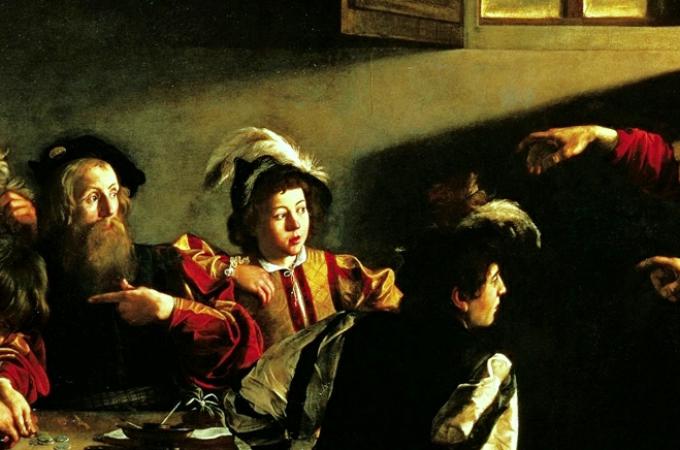St. Matthew and the mystery and power of vocation
Today (9/21) the Church celebrates the feast of Saint Matthew, apostle and evangelist.
The call of Matthew, illuminated for us in this morning's Gospel, is one of the great and memorable scenes in the New Testament.
At its heart is the mystery of vocation and discipleship. The call of Christ comes to Matthew unexpected and compels him to a decision that will not only change what he does with his life, but who he is as a person. The summons Matthew receives was not something he could have predicted and the outcome of his decision to follow Christ was not something that he would be able to control.
This is all about the mystery and power of vocation. Vocation is not just about getting a job or choosing a career. Instead, it is about God's will and purpose for our lives.
As such, vocation exposes us to the vulnerability of genuine faith.
Further, vocation is not simply about what one "does" with one's life; it is about what God's will is for a person. This is an important distinction for us, as our culture assumes that a person's identity is almost exclusively defined by what someone does or is doing rather than who they are.
It is the divine will that reveals who a person is to the depth of their being, which is why to miss one's vocation is no small thing. It means that one misses their purpose, and that despite all kinds of accomplishments, one will remain unfulfilled. This is also a great cultural challenge, because the prevailing understanding of a fulfilled life in our times is based not so much on the fulfillment of God's purpose for our lives but on our own decisions and the need to have "experiences."
Therefore, what Christ reveals as vocation--priesthood, marriage, religious life--these are not career options. They are illuminations of the purpose and meaning of our lives. We are chosen for these things, and like St. Matthew, we become who we are meant to be in our response to this divine call.
One of the tragedies of our time is the crisis of vocations. Often this is looked upon as some kind of staffing problem for our churches--we won't get the level of service that we have grown accustomed to. That's not the crisis at all. The crisis is that many people, summoned by God to serve him in priesthood, in marriage, in religious life, lack the spiritual means to discern that call or cannot see the gravity of what happens when a divine call is refused or opposed. To refuse one's vocation is to lose the purpose of one's life! That is the challenge of our time.
On this feast of St. Matthew, may all the apostles intercede for us and bring us to a deeper appreciation of the urgency of our vocation.



















